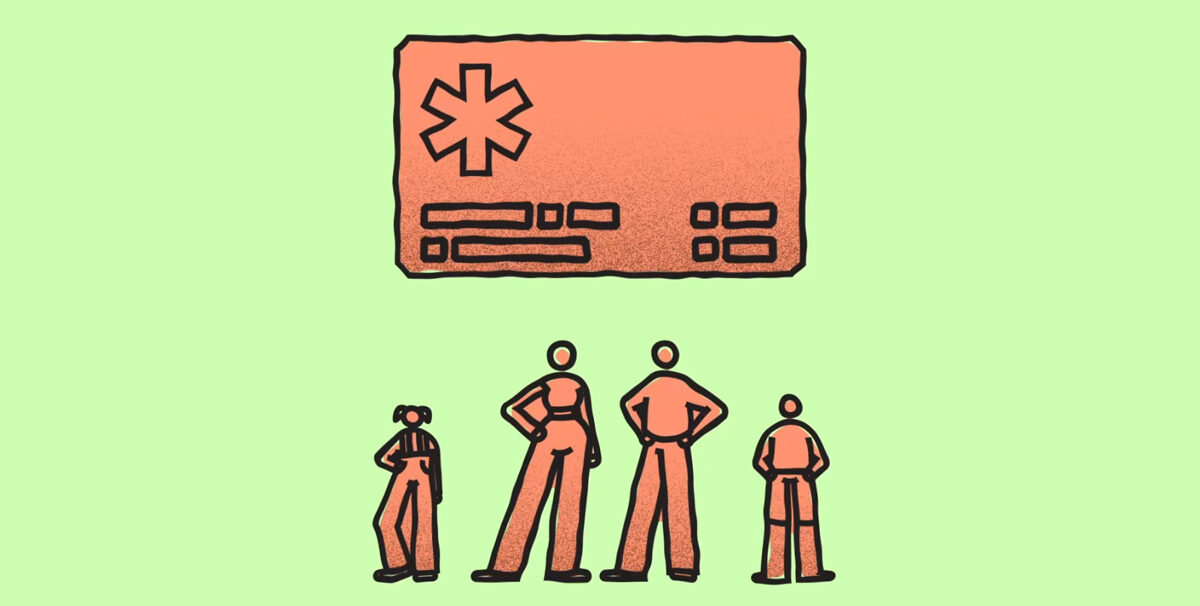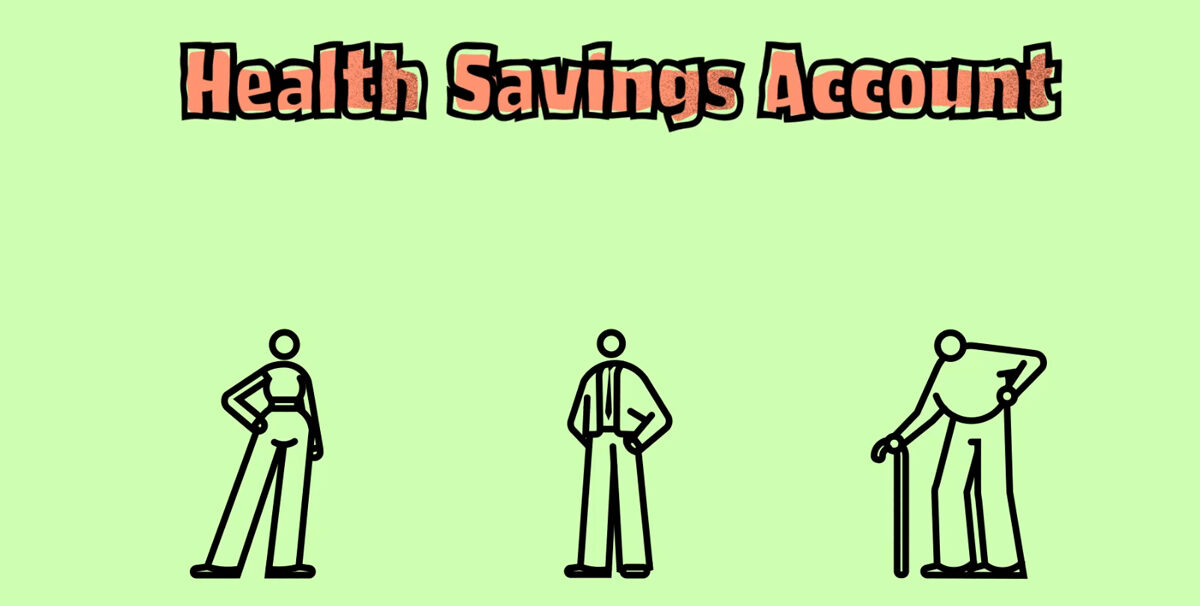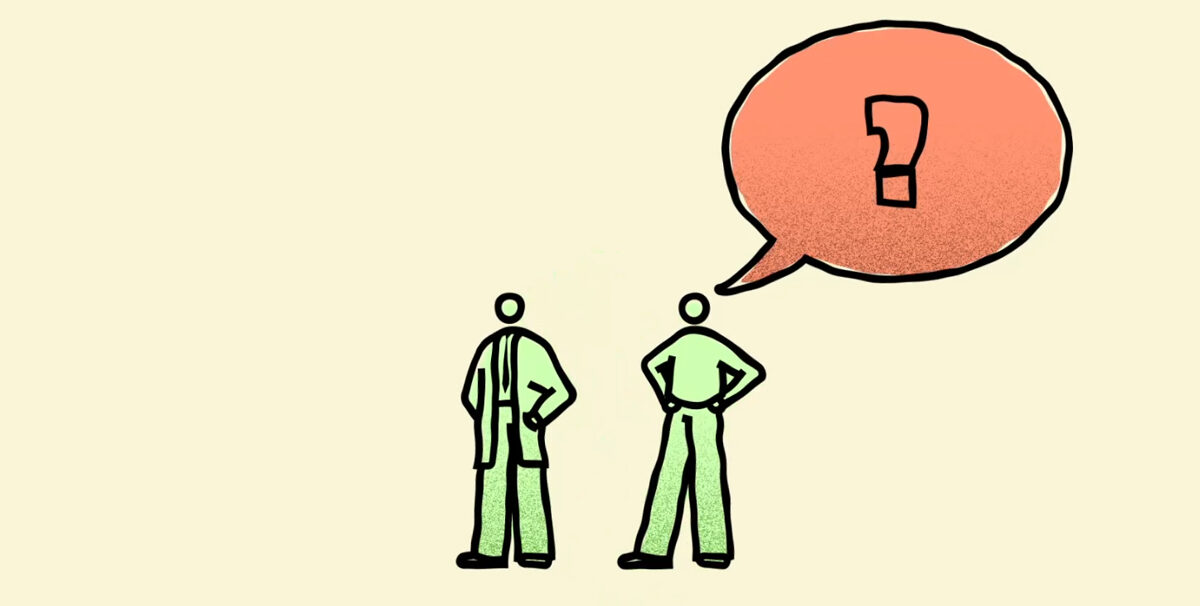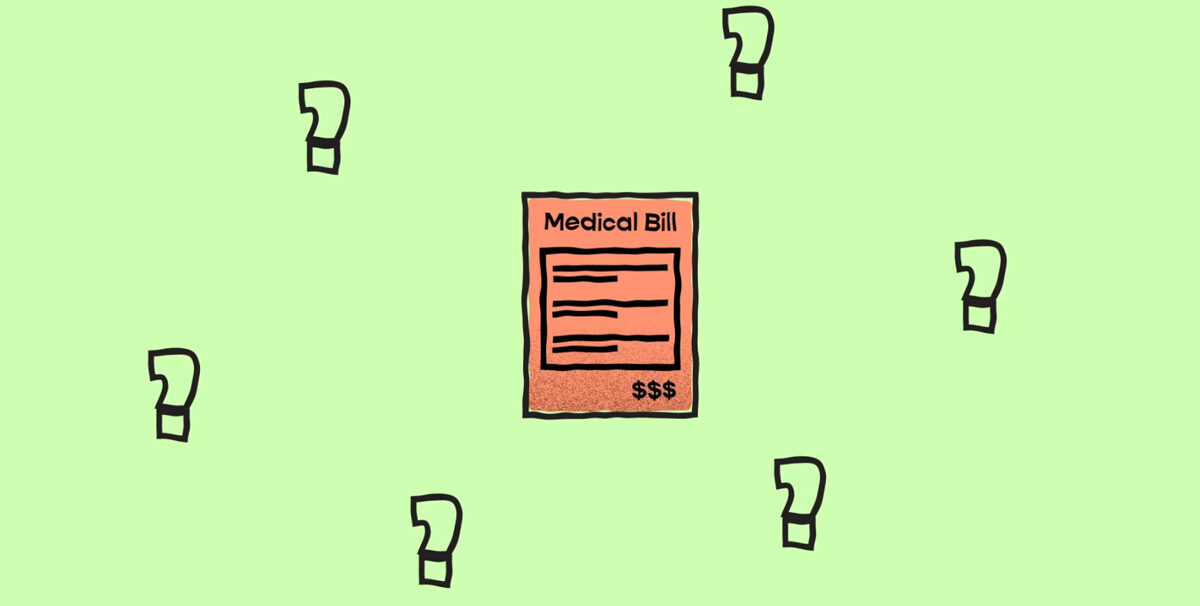The Health Benefits of Camping
Millions of Americans enjoy camping each year, especially as temperatures rise and days get longer in the summer. Moreover, interest among noncampers has been growing steadily for years. According to a 2024 report by camping platform Dyrt, more than 20 million Americans have gone camping for the first time since 2021, including 5.5 million first-time campers just in 2023.
Camping has seen a resurgence in popularity as more people seek ways to unplug from their daily routines and reconnect with nature. Beyond the scenic views and adventures, camping offers the following wellness benefits that can significantly enhance your physical and mental health:
- Increased physical activity – camping naturally encourages movement. Activities such as hiking, setting up camp or gathering firewood provide a full-body workout.
- Boosted immune system – Fresh air improves respiratory function and boosts the immune system. Sunlight helps the body produce vitamin D, which is crucial for bone health and immune support.
- Better sleep – Natural light regulates the body’s circadian rhythm, which can help reset sleep patterns. This can lead to deeper, restorative sleep so you wake up feeling refreshed.
- Reduced stress – The calming effect of natural surroundings helps lower levels of the stress hormone cortisol.
- Enhanced mood – Exposure to green spaces and natural light can improve mood and reduce symptoms of anxiety and depression. Being outdoors can also trigger the release of endorphins, the body’s natural mood enhancers.
- Elevated mental clarity – Camping provides an opportunity to disconnect from technology and daily distractions, allowing for mindfulness.
- Heightened creativity – Immersing yourself in nature can stimulate creativity and encourage problem-solving.
Whether you’re a seasoned camping pro or an eager newcomer, it’s a good idea to review camping safety before heading outdoors. Also, always strive to leave things better than you found them so others can enjoy the beauty of nature as you have.
Drowning Rate on the Rise
After two decades of decline, the Centers for Disease Control and Prevention (CDC) reports that accidental drowning rates are increasing in the United States. According to the latest data, more than 4,500 people died due to drowning each year from 2020–22, which is 500 more individuals per year compared to 2019.
Drowning has long been the leading cause of death for preschool-age children. However, it’s important to note that roughly 15% of adults—40 million people—don’t know how to swim, and more than half of adults have never taken a swimming lesson. The new CDC study found that, in general, many Americans lack the skills they need to stay safe in the water. Regardless of age, it’s important to learn basic swimming and water safety skills. Check out the infographic below for water safety tips to help prevent drowning.
Water Safety Tips:
- Learn how to swim
- Supervise children around water
- Know how to perform CPR
- Avoid alcohol during water activities
- Wear life jackets when boating and swimming
Are You Up to Date on Immunizations?
August is recognized as National Immunization Awareness Month to promote the importance of immunizations at all life stages. Vaccination protects against severe illnesses and complications of vaccine-preventable diseases, including measles, polio, hepatitis, meningococcal meningitis and COVID-19.Vaccinations are so vital that the CDC offers immunization schedules to help you understand if you or others are up to date on shots:
- Infants and children (birth to age 6)
- Preteens and teens (ages 7-18)•Adults (ages 19 and older)
- Pregnant women (consult your OB/GYN)
Talk to your doctor for more information on vaccines or to learn more about which ones you may need.
Zoning Out: The Signs, Causes and When to Get Help
“Zoning out” is a mild and common form of dissociation. Nearly everyone does it from time to time. Zoning out can serve as a coping mechanism when you are bored, tired, distracted, stressed, anxious or dealing with a difficulty in life. Zoning out is like your brain switching into autopilot mode. During this short period, you may feel disconnected from the things happening around you and briefly forget what you’re doing or where you are. Daydreaming is a common way of zoning out.
Zoning out is a normal brain function but has pros and cons. It can offer a brief mental break from external pressures or stresses, allowing the mind to recharge. However, zoning out can lead to errors or accidents during critical tasks. Consider these strategies to help you refocus and not zone out during less-than-ideal times:
- Identify patterns – track when you’re zoning out to help identify any patterns of mind-wandering.
- Activate your senses – ground yourself by breathing in a strong fragrance, candy with an intense flavor or running cold or warm water over your hands.
- Take breaks – take short, frequent breaks during the day to stretch, rest and fuel up with a snack to increase concentration.





